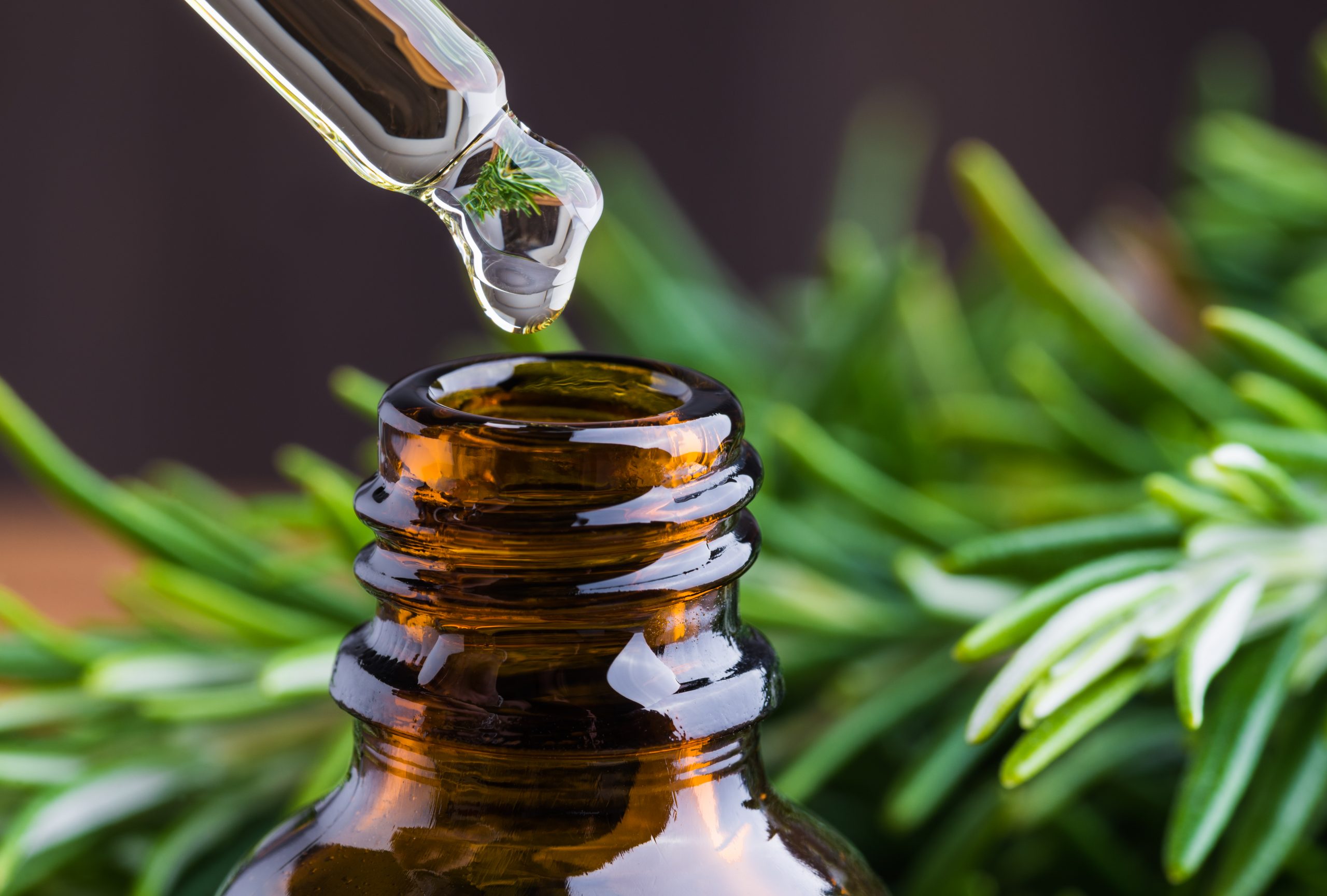What is Natural? A Deep Dive Into Natural Beauty Products

Natural Beauty Products: How Do You Know What’s Really “Natural?”
When we think of natural beauty products, we turn to nature itself. We picture wide-open meadows full of native plants, bees buzzing between blooms, and sustainable farms growing crops that nourish the soil and support local ecosystems. We think of plants harvested at their peak and pure oils extracted using clean, time-tested techniques like distillation.
The Oxford dictionary, defines “natural” as “existing in nature; not made or caused by humans.” Unfortunately, today the term “natural” is often stretched far beyond its original meaning. As more products appear on shelves with this label, our skepticism about what it really means continues to grow.
Mass-Created Fragrances Can Corrupt “Natural” Beauty Products
Since crafting natural beauty products is our expertise, we focus here on one important element: fragrance. On one end of the spectrum are synthetic fragrances created in labs using chemicals that don’t exist in nature. On the other are pure essential oils derived directly from plants. Between these extremes lies a murky middle ground labeled “natural fragrances.”
Lab-Created Fragrances: Are They Really Natural?
Some so-called “natural” fragrances are made by isolating chemical components found in plants—or occasionally animals. In a lab, chemists extract specific compounds from leaves, flowers, roots, or even animal fat, and use them to build scents. As long as the chemical comes from a natural origin, it may still be labeled “natural.” But when that substance is highly manipulated, can we truly call it natural?
Only a small number of plants produce essential oils that can be harvested directly. Because of this, most companies turn to lab-made fragrances—whether derived from plant chemicals or manufactured entirely—to produce scents. Have you ever wondered what plant produces the smell of “ocean breeze,” “fresh cut grass,” or “morning dew?” Chances are, those aromas come from synthetic or heavily modified ingredients—not a flower in a field.
So, why does fragrance matter? Because many of these synthetic chemicals are linked to serious health issues, including cancer, hormone disruption, nervous system disorders, and allergic reactions. Choosing natural beauty products with ingredients you recognize can make a lasting difference in your health and well-being.
How to Find Natural Beauty Products Without Harmful Fragrances
If you’re trying to remove toxic chemicals from your routine, look for companies committed to transparency and purity. At Nature Inspired, we scent all our products using only essential oils and raw plant materials. While this limits the variety of scents we offer, we choose purity over novelty. Quality ingredients matter more to us than an endless array of synthetic smells.
Some companies that label their products with “natural fragrances” may still use pure essential oils but choose not to list the blend to protect proprietary formulas. While we’ve spent countless hours refining our recipes, we proudly display every ingredient. Transparency is vital—especially in a world where allergies and sensitivities are on the rise.
Why We Stick to What’s Closest to Nature
In a market flooded with artificial scents, synthetic dyes, and questionable chemicals, sticking to what’s closest to nature isn’t just a choice—it’s a commitment. You won’t see the vague word “natural” on our ingredient lists. Instead, we’ll give you the real thing—honest, recognizable components drawn from nature. After all, the root of the word natural is nature. What better way to honor that than by staying true to our roots?
